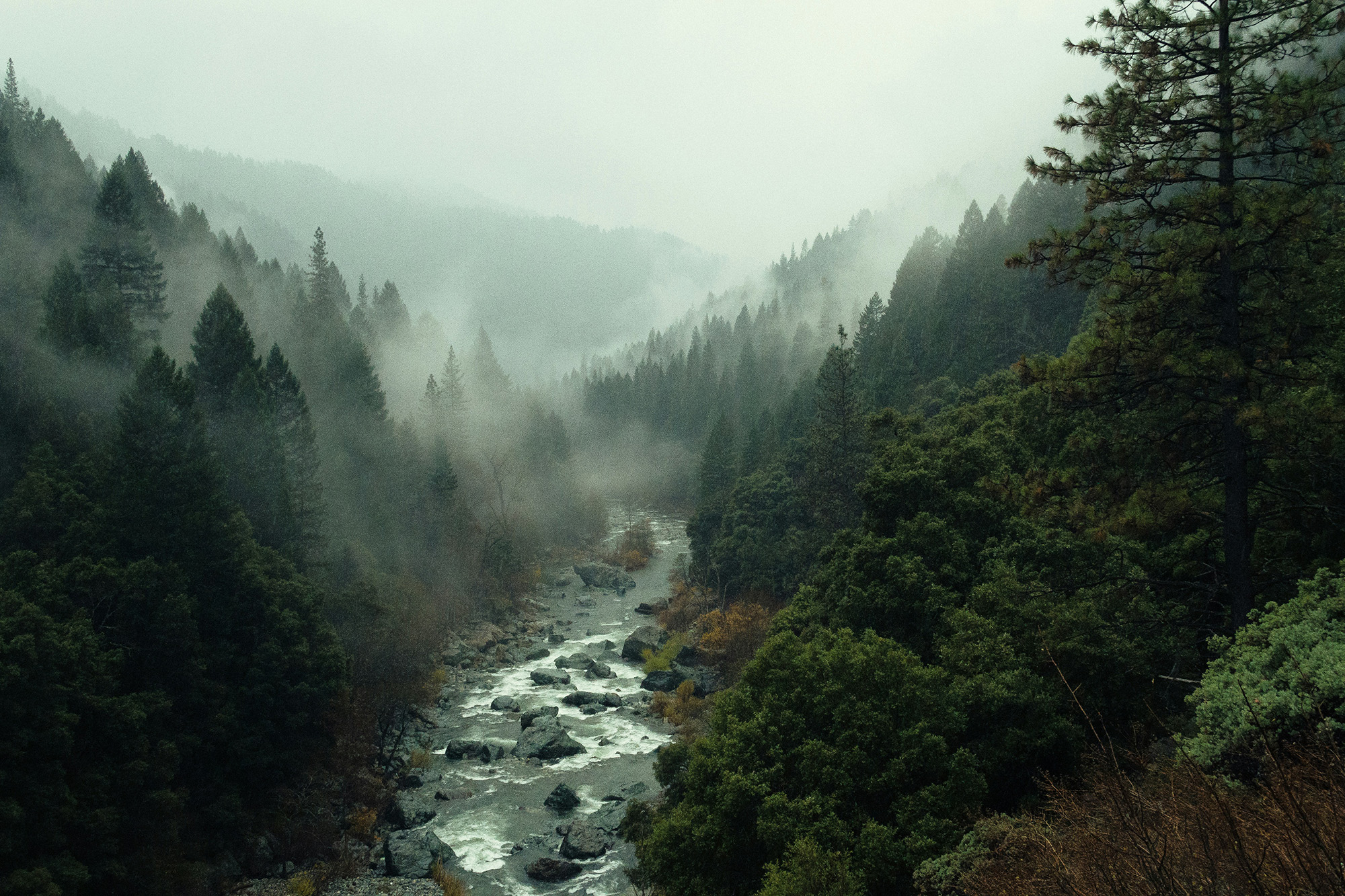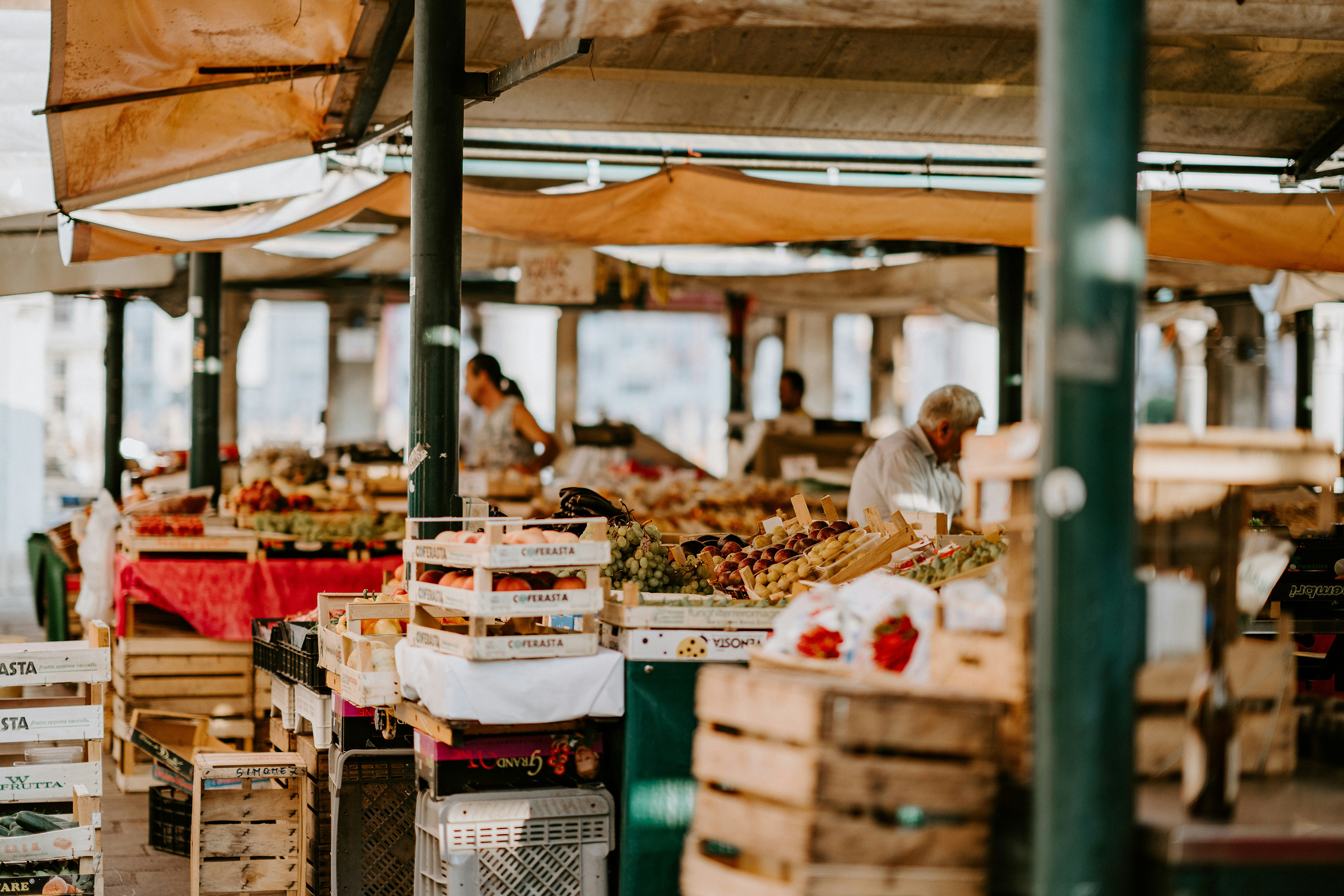
Stand in the cereal aisle of any modern grocery store and you'll face over 300 different options. Open Netflix and choose from 15,000+ titles. Browse restaurant options in any major city and confront thousands of possibilities. We live in an age of unprecedented choice—and it's making us miserable.
The phenomenon has a name: decision fatigue. And it's quietly stealing the joy from life's everyday discoveries.
Psychologist Barry Schwartz first identified what he called "the paradox of choice"—the counterintuitive reality that more options often lead to less satisfaction, not more. When faced with endless possibilities, we experience what researchers call "choice overload."
The symptoms are familiar: that paralyzed feeling when browsing Netflix for 20 minutes before giving up and rewatching The Office. The decision paralysis when choosing a restaurant, leading to the same safe option you always pick. The mental exhaustion after comparing dozens of travel options, leaving you too drained to actually enjoy planning your trip.
But here's the kicker: even when we do make a choice from an overwhelming array of options, we're often less happy with our decision. We second-guess ourselves more, wonder about the roads not taken, and feel what psychologists call "anticipated regret."
Every decision—no matter how small—requires mental energy. Your brain treats choosing a restaurant with the same cognitive processes it uses for major life decisions. By the end of a day filled with micro-choices, you're operating on diminished capacity.
This is why successful leaders like Steve Jobs and Mark Zuckerberg famously wore the same outfit every day. They understood that decision fatigue is real, and that preserving mental energy for important choices means eliminating unnecessary ones.
But most of us can't eliminate choice from our lives entirely. We need different approaches to daily discovery decisions—and that's where curation transforms everything.
Think about the last time someone you trust said, "You have to try this place" or "You'd love this book." Notice what happened in your mind: instead of anxiety about making the wrong choice, you felt anticipation. Instead of overwhelming options, you had focused excitement.
That's the power of curation. When someone whose judgment you trust has already filtered through countless options and selected something specifically for you, the entire experience changes. Decision fatigue transforms into discovery joy.
The key isn't just having fewer options—it's having the right options, chosen by someone who understands your preferences and context.
You might think algorithms solve this problem, but they often make it worse. Netflix's "Because you watched..." suggestions frequently multiply your choices rather than focusing them. Amazon's "Customers who bought this also bought..." creates new rabbit holes of possibility.
Algorithmic recommendations optimize for engagement and sales, not for your peace of mind. They're designed to show you more options, not better options. They increase choice, not choice satisfaction.
Human curation works differently. When your friend recommends a restaurant, they're not trying to show you every possible option—they're trying to give you one great experience. They've done the work of filtering, comparing, and selecting based on their actual knowledge of your preferences.
Here's what algorithms miss: context. You need different recommendations when you're planning a romantic anniversary dinner versus grabbing lunch between meetings. Your movie preferences shift based on your mood, who you're with, and what kind of week you've had.
Human curators naturally understand context because they know you as a whole person, not just as a collection of data points. Your friend knows not to recommend the three-hour foreign film when you mention you've had a stressful week. They understand that your "favorite restaurant" for impressing clients is different from your "favorite restaurant" for catching up with old friends.
The most magical discoveries often come from unexpected recommendations. Your colleague mentions an obscure documentary that becomes your new obsession. Your neighbor suggests a hiking trail that becomes your weekend sanctuary. Your book club friend recommends an author who changes how you think about storytelling.
These serendipitous discoveries can't be engineered by algorithms because they emerge from the complex web of human relationships and shared experiences. They happen when someone who knows you in one context introduces you to something from another part of their world.
The future of discovery isn't about better algorithms—it's about better ways to harness human judgment and share it efficiently. We need systems that help us remember and access the casual recommendations that get lost in conversation. Tools that surface relevant suggestions at the right moments. Platforms that make it easy to share discoveries without the pressure of social media performance.
Imagine having access to all the offhand recommendations from people you trust, organized and searchable for when you actually need them. Picture being able to easily share discoveries with specific people who would appreciate them, without broadcasting to everyone you know.
When recommendations come from trusted sources who understand your context and preferences, choosing becomes exciting again. Instead of drowning in possibilities, you're exploring curated pathways to experiences that matter.
The goal isn't to eliminate choice—it's to transform how we approach it. Instead of facing endless options alone, we can tap into the collective wisdom of people who know us well. Instead of decision fatigue, we can experience discovery joy.
The most satisfying choices aren't necessarily the ones we make after exhaustive research of every possibility. They're often the ones we make with confidence because someone we trust has already done the filtering, thinking, and choosing for us.
In a world of infinite options, the greatest luxury isn't having more choices—it's having better ones.
